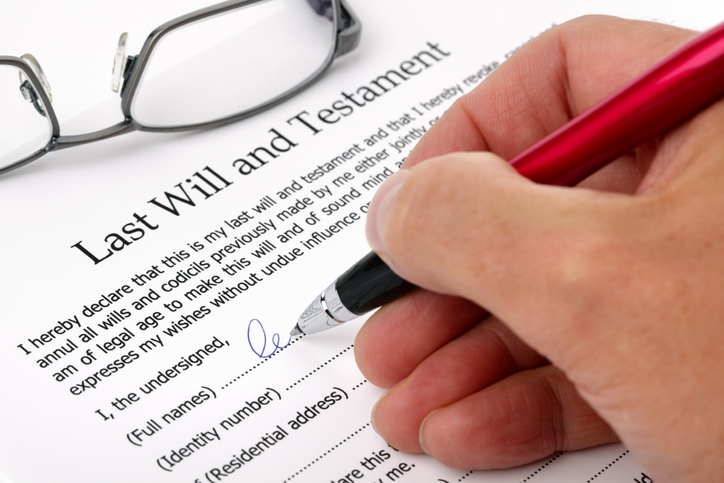In the event of death, the deceased is likely to leave some estate, which may include money, stocks, or property. When the inheritance includes a piece of property, this will involve numerous procedures. The following are common questions regarding inheritance of property.
Q1: How can we deal with a property inheritance?
A: Before dealing with the estate of the deceased in Hong Kong, relevant parties often need to go to the High Court’s Probate Registry to obtain a grant of Letters of Administration.
A Grant is a legal document issued by the Probate Registry which authorises executors to administer the estate.
Q2: In the event the deceased has left no Will, who may serve as Administrator of the estate?
A: The Non-Contentious Probate Rules (section 73) governs the order of priority for different people to make an application. The closest relative to the deceased is usually called the “Administrator”.
The order of priority is as follows: spouse; the child or children of the deceased or offsprings of deceased’s late children; father and/or mother of the deceased; and, brothers and/or sisters of the deceased.

Q3: If the deceased has left a will, under what circumstances can the will be revoked?
A: If you sign a new will or tear up the existing will, the will is invalidated. At the same time, if the person who leaves the will does not marry until after making the will, the will may be rendered invalid.
Q4: If a property covered in a will is located overseas, what difference will this make in the inheritance?
A: Inheritance of an “immovable property” (such as flats or land) is usually regulated by the law of the place where the property is located. For instance, if the deceased is a Hong Kong resident, but owns a flat in the UK, the property will usually be regulated by the UK’s inheritance law, and the UK happens to have has an inheritance tax.
Q5: If the property still has a mortgage, who will be responsible for repayment of that mortgage?
A: Generally, the heir will be responsible for repayment, unless otherwise arranged under the will, such as other estates that will take charge of repayment such as insurance premiums. If the property in the will earns rental income even if the property’s title has not yet been transferred after the death of the owner, the estate administrator must also file a tax return on the rental income and fill out a property tax return, while the heir to the title must pay tax for the rental income.
Q6: Is inheritance of property considered as a Deed of Gift?
A: No. Although an inheritance does not involve “cost”, because it is ordered by the court, the title is protected. Even if the owner owed a huge debt before his or her death and the relevant debt was not registered on the property, the relevant creditor would not be able to register the debt under the property title in the future.

Q7: Is there a duty on inheritance in Hong Kong?
A: Tax on inheritance was abolished on February 11, 2006. Applicants are not required to pay estate tax for inheritance.
Q8: Do I have to pay stamp duty when inheriting an estate?
A: According to current Hong Kong law, there is no stamp duty that needs to be paid for the transfer of property rights to an inheritance.
Q9: What does it take to draw up a will?
A: Anyone over the age of 18 can draw up a will. A will is a legal document that specifies how the assets left by a person are to be distributed after the latter’s death. The Will must be in written form, signed by the testator, dated and signed at the same time by two witnesses over the age of 18. The witnesses and their spouse must not be beneficiaries listed in the will. Otherwise, the beneficiary or beneficiaries may not be able to obtain the relevant estate.
Q10: Will the Land Search show if a property is inherited?
A: When the estate is transferred to the heir, the law firm can register a Certified Copy of Death Certificate with the Land Registry for registration to update information about the property at the Land Registry.
Therefore, it is possible to find out whether the owner of a property has died by conducting a land search. As to whether a property is regarded as a haunted house, the general practice is banks won’t regard a property as haunted even if its owner died inside the property.


